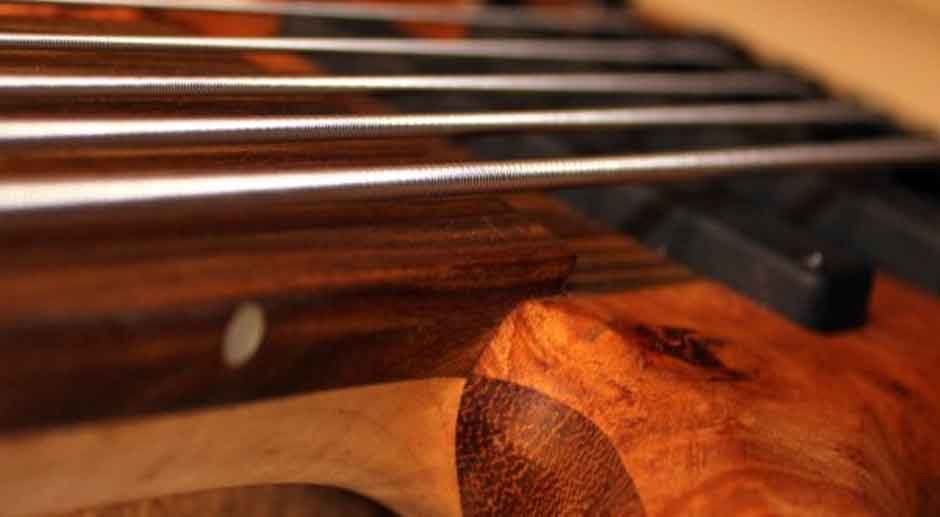If you are a bass player, vintage basses may have caught your attention at some point. There is something captivating about them, be it their unique sound or the fact that they possess an interesting history. But are they worth investing in? In this blog post, we explore the beauty and benefits of vintage basses for sale to understand whether owning one is worthwhile or not.
What Are Vintage Basses?
Vintage basses refer to instruments that were made several decades ago. The exact age range varies from person to person, but typically, any instrument produced over 30 years ago qualifies as vintage. These instruments carry different types of values depending on their brand, model, state, and era of production.
Why Do People Invest in Them?
One reason people invest in vintage basses is due to nostalgia – these instruments can help relive past memories associated with music from earlier times, such as certain songs or artists who played those models back then.
Another reason is their unique sound quality, which some claim cannot be replicated by modern-day counterparts like electric synthesizers or plug-in software for professionals.
Additionally, Investing in a rare and exclusive piece unleashes financial gain if well-marketed and resold later at auctions – perhaps some prestigious collectors might buy such an item at prices much higher than the initial investment value when well-maintained over time.
Pros And Cons Of Buying A Vintage Bass
Before buying a classic instrument, there are pros and cons one should consider:
Advantages
1- Unique Sound Quality: One thing that sets apart Classic models from modern-day replicas is its exceptional tonality – its organic amplification through old circuits produces sounds quite distinct compared with new pieces on the market today.
2- Sentimental Value: Many famous musicians of all generations across diverse genres recorded hit classics using many specific Models while others released endorsement collaborations, adding sentimental value attached by creators + fans alike
3- Rare Collectibles Items: Vintage basses aren’t mass-produced, and finding them isn’t the easiest of tasks. Investing in a rare piece means you’re holding on to something exclusive, relevant to heritage, and preserved history in your possession.
Disadvantages
1- Expensive: One major drawback is affordability – as instruments age, their value tends to appreciate, requiring deep investment pockets, which can be discouraging for many beginners
2- Parts Availability Limitations: It may not be possible at times to replace the damaged part or upgrade such items without drastically depreciating the original value marketability
3- Risky Investment: There’s always uncertainty when it comes to investing in anything, including vintage instruments; their worth may fluctuate depending on various factors that cannot always be predicted
Factors That Determine The Value of A Classic Bass?
When taking into account whether a classic bass would make sound investments, there are several principles an individual should keep in mind:
1) Age and Production History
This pertains directly to how long ago the instrument was produced and the conditions under which it was built originally – with things like quality control standards varying throughout time frames.
2) Brand Name Reputation
The manufacturer’s reputation plays an essential role in any vintage instrument purchase, especially when seeking high-end models most sought after by collectors, which also serve as collateralized assets with insurance policies that protect players if lost, damaged, or stolen!
3) Condition Status Of Part(s)
All parts must meet factory standard playable conditions since replacing bespoke parts can lead to reducing their intrinsic values over time, affecting later sales offers by making it worthless for investors.
4) Current Market Trends And Demand Levels
Before purchasing valuable musical items, take note of current trends/ demands so as not to discover later owning unappealing models no collectors might touch despite the rarity being observed in pre-purchase research efforts made prior to the buying decision.
Conclusion:
In conclusion, classic basses can make amazing assets due to nostalgia sensations playing these player favorites recorded iconic hits across diverse genres! They can become unique sentimental treasures with excellent sound quality and, ultimately, great conversation pieces.
However, buying a classic bass instrument is not without risks. Investing in neglected or overpriced models can lead to significant losses for players who fail to vet the authenticity of dealerships offering these exclusive instruments outside reputable auction/reselling platforms with impeccable credentials that certify authenticity, adding protective layers to buyer-seller agreements.
Conclusion
Ultimately, make sure you’re purchasing from a verified source and transparent legal transaction documents while seeking out honest appraisals by licensed professionals rather than relying on opinions exposed to an irrelevant bias.
So, if you have the means to afford it, investing in one of these vintage beauties could be worth the investment.






